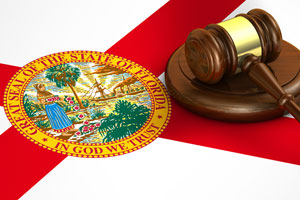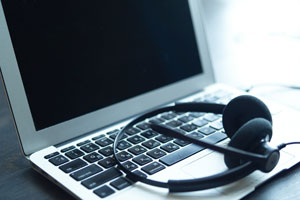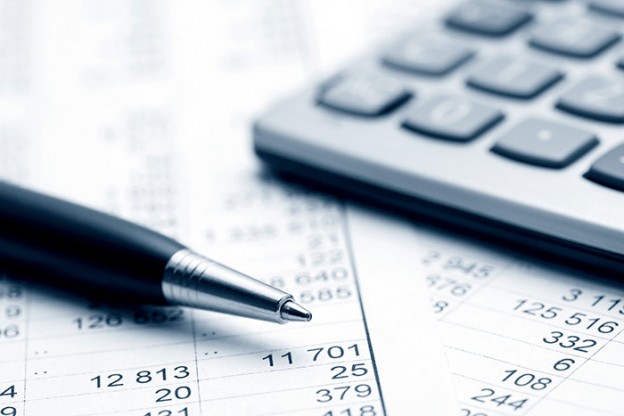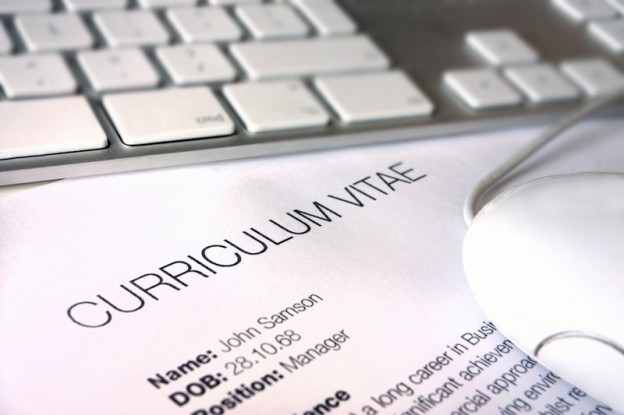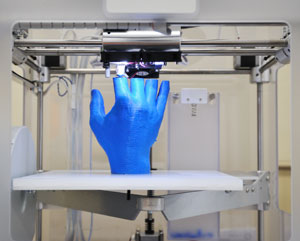Expert witnesses can be drawn from all walks of life. Expertise does not always derive from a formal education. Mechanics and roofers, for example, often serve as expert witnesses based on their work experience.
Many witnesses nevertheless qualify as experts because of their academic training. College professors who perform relevant research are a logical choice when lawyers begin to search for an expert whose specialized academic background enables them to give expert testimony.
In November 2021, ExpertPages called attention to an attempt by the University of Florida to block three political science professors from giving expert testimony in a voting rights lawsuit. The dispute implicated the academic freedom of the University’s professors, as well as their First Amendment right to express opinions without interference by a government entity.
Silencing Experts
The Florida legislature, apparently unhappy that professors who act as expert witnesses call attention to troublesome legislation, enacted a law that prohibits a professor from engaging in “outside activities” that create a “conflict of interest.” A conflict can arise when a professor spends so much time on outside activities that the professor’s ability to perform job duties is impaired. More insidiously, the legislation states that a conflict arises when a professor’s outside activity “affects, or appears to affect, their professional judgement or obligations to the University.”
The University adopted conflict policies to implement that directive. The policies require professors to report outside activities, paid or unpaid, to the University. They must also receive the University’s permission to act as an expert witness. The University thus made itself the judge of whether expert testimony might create the appearance of interfering with the professor’s obligations to the University.
Despite a long history of approving requests to testify as experts, the University denied the political science professors’ requests to testify as voting rights experts. According to the University, the testimony would create a conflict with the executive branch of state government, which in turn would create a conflict for the University.
The professors sued the University of Florida after the University rejected their requests to act as expert witnesses. Their testimony would advance the claim that Florida’s new voting law will suppress minority group voting by making it more difficult for people with limited incomes to vote. The professors have studied voting procedures and the ways in which those procedures affect voter turnout and the ability to cast ballots.
The University’s Position
The University contended that the professors would be acting against the interests of the University by testifying. The University’s administration equated the University’s interests with those of the state’s executive branch. The dean of the University’s college of arts and sciences wrote: “Outside activities that may pose a conflict of interest to the executive branch of the State of Florida create a conflict for the University of Florida.”
Governor Ron DeSantis is in charge of Florida’s executive branch. DeSantis is a strong supporter of the state’s new voting legislation. The position taken by the University would prevent any expert from offering any opinion that a sitting governor disfavors. The University thus ties approval of requests to give expert testimony on the content of the testimony.
At the same time, the University was instructing its employees not to make any statements to the media that were critical of DeSantis. University officials apparently feared that the governor would retaliate, and that the University’s funding would be jeopardized, if a University employee opposed any political position that DeSantis advocated.
The University’s assistant vice president for conflicts of interest took the analysis a step further. He contended that any testimony in a lawsuit against the state is adverse to the University because the University is a creature of state law. That position would make it impossible for any professor to testify in any lawsuit against the state, including lawsuits that have nothing to do with the University.
The professors argued that University employees routinely testify as private citizens and that their testimony does not speak for the University. After the professors sued the University for violating their right to free speech, the University decided to allow the professors to testify on their own time and without using University resources. The University declined to change its policy, however, retaining the freedom to decide on a case-by-case basis whether professors will be allowed to give testimony that University officials disfavor.
Court Decision Favors Expert Witnesses
A professor of pediatrics and two law professors joined the lawsuit, alleging that the University’s policies had also stifled their ability to testify as expert witnesses. The pediatrician was denied permission to testify about the efficacy of requiring children to wear masks during a pandemic. The law professors were denied permission to draft an amicus brief opposing the state government’s attempt to restrict the voting rights of felons who had finished their sentences.
All six professors asked the court to issue an injunction that would prohibit the University from interfering with a professor’s First Amendment right to express opinions in litigation. A federal district judge in the Northern District of Florida entered a temporary injunction that granted the requested relief.
The University apparently hoped that giving the professors permission to testify would cause the lawsuit to be dismissed as moot. Since the University changed its decision about the plaintiffs’ requests but did not change its policy, its mootness argument failed.
In a stirring decision that begins by comparing the University of Florida’s actions to the recent suppression of academic freedom in Hong Kong, the court discussed the relationship between the funding that the University of Florida needs to maintain or elevate its status as a top public university and the political goals of state government. The court concluded that the University’s desire to maximize funding by minimizing its employees’ private criticism of public policy is inconsistent with the First Amendment.
The court rejected the University’s argument that its employees forfeit their First Amendment rights by accepting state employment. There is a difference between speech as an employee and speech as a private citizen. Professors give expert testimony as private citizens. The court recognized that professors “have a First Amendment right to testify about topics related to their expertise in litigation against the State of Florida, and just because such testimony relates to their expertise—which is itself related to their work as public university professors—does not mean that it falls outside the First Amendment’s reach.”
The court was amazed that University officials “denigrated their own professors as being no better than two-faced mercenaries when they seek to testify as experts in their field in cases challenging Florida law.” Professors are not required to support or remain silent about arguably unconstitutional actions taken by state lawmakers simply because the professors are employed by the state.
The University’s conflict policy articulated no clear standard to guide the University’s decision to approve or disapprove a professor’s request to testify as an expert. The court concluded that the University’s attempt to give itself “unbridled discretion” to censor the testimony of professors who testify as experts is unconstitutional. The University’s “policy allows it to silence speech before it happens” and is thus a forbidden prior restraint of protected speech.
The University’s interest in protecting its funding from the wrath of petulant government officials does not outweigh the professors’ interest in free speech. The University’s attempt to protect itself was based on speculation about how the executive branch or legislature might react to disfavored testimony. Yet “the legal issues presented in the litigation did not directly implicate or involve [the University] in any meaningful way.” No actual conflict of interest existed. In fact, the University admitted the absence of an actual conflict after it was overwhelmed by bad press about its attempt to censor professors who testify as expert witnesses.
Litigation Outcome
The court granted a preliminary injunction that prohibits enforcement of the policy until the court rules on the lawsuit, either in summary judgment or after a trial. The handwriting is nevertheless on the wall. Keen observers understand that the judge “left scant doubt that his opinion of the school’s conduct was unlikely to change.”
Ironically, the University wants to maximize its funding to continue its quest to be ranked as one of the nation’s top public universities. Yet stifling the ability of professors to act as expert witnesses might drive faculty away from the University of Florida and toward educational institutions that respect academic freedom. The court’s rejection of the University’s censorship might actually help the University attract and retain faculty members who would otherwise be unwilling to work for an employer that does not respect their constitutional rights.
The judge’s decision is a victory for free speech and for the ability of public university professors to testify as expert witnesses in litigation against state governments. While the decision governs only the testimony of the plaintiffs and has no precedential value, other judges are likely to adopt its forceful reasoning if other public institutions attempt to infringe on the right of professors to express private opinions as expert witnesses.


